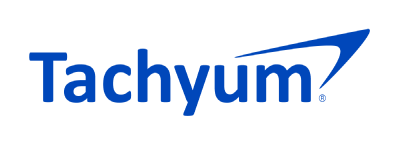Centro multimediale / Comunicati stampa / 2020 /
Tachyum Joined JEDEC Committees Working on Standards for Solid State Memories
· 4 minuti per leggere
SANTA CLARA, Calif., February 25th, 2020 – Semiconductor startup Tachyum Inc. today announced that it has become members of two JEDEC committees developing standards for solid state memories and DRAM modules that will shape the semiconductor industry’s position in the rapidly evolving global marketplace.
Tachyum is one of nearly 300 member companies of the JEDEC, the global leader in developing open standards for the microelectronics industry. The company has joined committees JC-42 Solid State Memories, which include all memory-integrated circuits and programmable logic devices, and JC-45 DRAM Modules, addressing architectural, electrical, test and SPD issues related to memory design and manufacturing for commercial applications.
JEDEC committees develop open standards that enable innovation by helping commoditize components, which lowers prices yet retains quality and reliability, helping to build a foundation for a successful marketplace. The standards-based approach results in larger opportunities overall than deploying proprietary products and allows companies to focus on innovation. Tachyum’s contributions as a member of JEDEC help shape the standards for memory modules that the company incorporates into its Prodigy Universal Processor based systems.
“While there can be many ways to approach and solve any particular problem, it is often much more beneficial to both the problem-solvers and those who benefit from the solution if the conclusion can be reached in consensus,” said Dr. Radoslav Danilak, Tachyum founder and CEO. “Working in committee with other JEDEC members to set standards for solid state memory allows us individually to focus on the benefits we can provide to customers in terms of cost and ease of operation than in overcoming the same sets of problems again and again. We look forward to our participation as part of the development of Prodigy.”
Prodigy, the company’s 64-core flagship product, is scheduled for high-rate production in 2021. It outperforms the fastest Xeon processors at 10x lower power (core vs. core) on data center workloads, as well as outperforming NVIDIA’s fastest GPU on neural net AI training and inference. Due to its high computational density and I/O bandwidth, networks of Prodigy processors comprising just 125 HPC racks, can deliver an ExaFLOPS (a billion, billion floating point operations per second) of capacity. Prodigy’s 3X lower cost per MIPS compared to other CPU competition, coupled with its 10X processor power savings, translates to a 4X reduction in Data Center TCO (Annual Total Cost of Ownership: CAPEX + OPEX). Even at 50 percent Prodigy attach rates, this translates to billions of dollars per year in real savings for hyperscalers such as Google, Facebook, and Amazon.
Since Prodigy can seamlessly and dynamically switch from data center workloads to AI or HPC workloads, unused servers can be powered up, on demand, as ad hoc AI or HPC networks – CAPEX free, since the servers themselves are already purchased. Every Prodigy-provisioned data center, by definition, becomes a low-cost AI center of excellence, and a low-cost HPC system.
Tachyum is building a new R&D center within Slovakia that plays essential role in development phase of the company’s Prodigy Universal Processor Chip, the smallest and fastest general purpose, 64-core processor developed to date, requiring 10x less processor power, and reducing processor cost by 3x. Prodigy will directly enable a 32- Tensor Exaflop supercomputer and allow the building of machines more powerful than the human brain by 2021, decade ahead of industry expectations. Prodigy reduces data center TCO (annual total cost of ownership) by 4x, through its disruptive processor architecture and a smart compiler that has made many parts of the hardware found in typical processors redundant. Fewer transistors, fewer and shorter wires, due to a smaller, simpler core, translates into much greater speed and power efficiency for the Prodigy processor.
Follow Tachyum
https://www.linkedin.com/company/tachyum
https://www.facebook.com/Tachyum/
About Tachyum
Named for the Greek prefix “tachy,” meaning speed, combined with the suffix “-um,” indicating an element (e.g. lithium), Tachyum is meant to evoke the notion of “an element of speed”.\Tachyum emerged from stealth mode in 2017 to engineer disruptive intelligent information processing products. Tachyum’s founders have a track record of solving problems caused by device physics in semiconductors, to deliver transformational products to global markets, and are backed by IPM Growth, the Central & Eastern European venture capital platform, as Tachyum’s lead investor.

